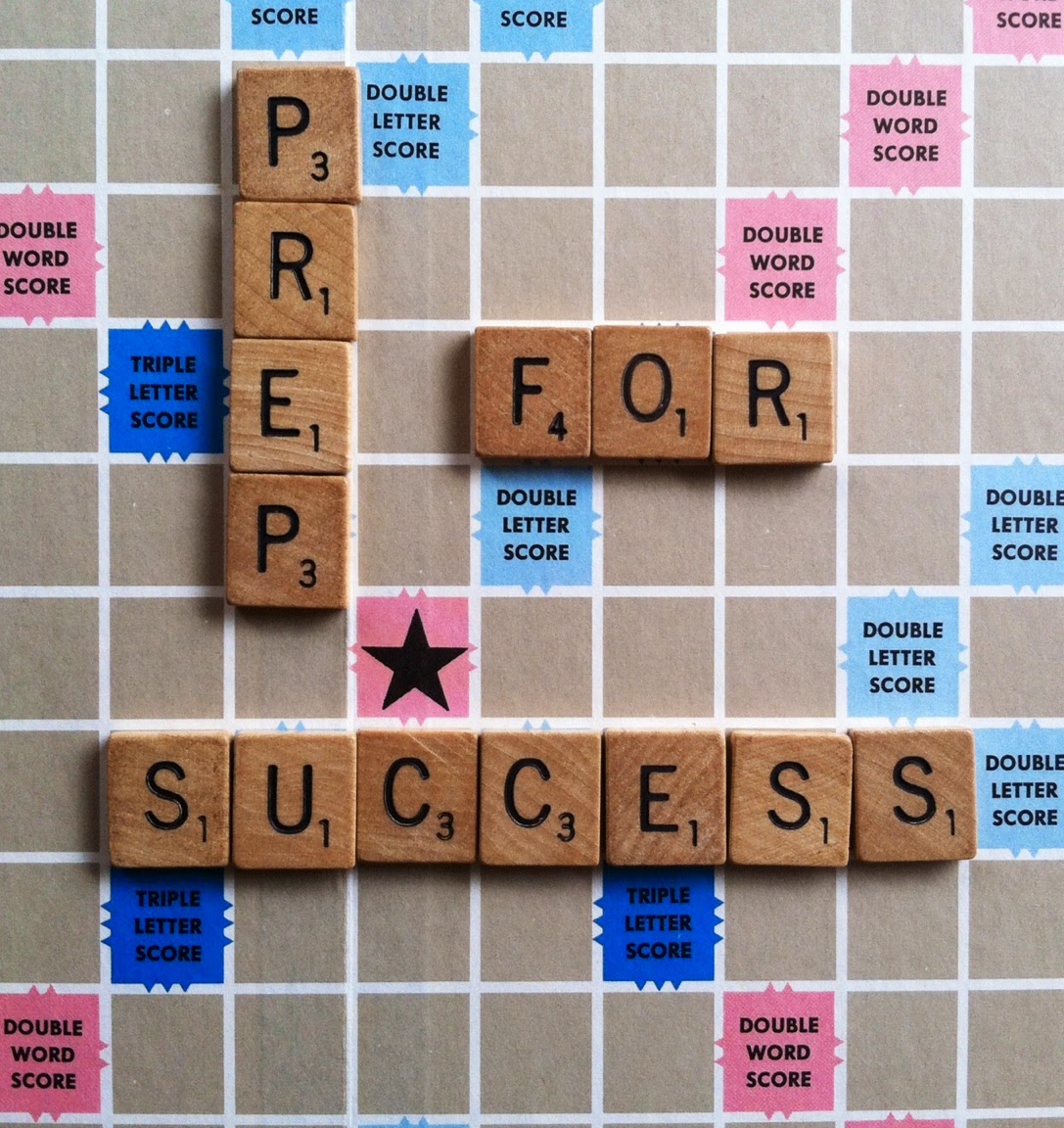In honor of all the men and women who have served our great county, this post is for you!
One of your challenges during a job interview is to successfully communicate how your previous experiences relate to the position you are seeking. The transition from military to civilian workforce is not an easy task. This can be particularly difficult for most military veterans whose duties don't easily transfer over to the civilian workforce. Some of your duties and work environments were so drastically different than those in the private sector, how would you possibly make any sort of connection between the two?
 |
| Decorated Veteran |
Well regardless of your position in the military, I believe the five traits below can be an asset to
any civilian workplace. Your mission is to ensure that you communicate these to the hiring manager during a job interview. Below are five traits that you posses as a veteran and some ways to communicate them
during an interview.
1.) Leadership - Very early in your military career, some of you were thrust into leadership positions. Quite possibly in the first few days of basic training or officer training school, you became an instant leader. That particular experience didn't necessarily make you a good leader, but you found out in a hurry what leading might look like. Also, as you advanced in your military years, leadership courses were routinely taught and some were even mandatory to make rank. Lastly, most military folks were fortunate to be surrounded by a great leader or two during their time in the military. So, you know what a good leader looks and acts like. Just seeing a great leader in action has its benefits.
Possible application: "During my ____ years in the military, I eventually lead a team of _____ that was responsible for_______________. "(you fill in the blanks).
2.) Teamwork - Odds are, you learned very quickly that selfish behavior was not the path to success and acceptance in the military. From your military experience, you understand that each individual had a specific job to do, you were highly trained, and if done well, the entire team won. "Service before self" became a not just a saying, but how to conducted yourself in order for the team to succeed.
Possible application: "One of the things I enjoyed most about the _________ (your branch of service) was the camaraderie. I really enjoyed working with my comrades and being on a winning team."
3.)
Punctuality - While you were in the military, you were not simply on time-you were early! The unwritten rule in the military is that you arrive not on time, but 15 minutes early. Show up late while in the military and you could spend some time in jail. How many private employees could potentially go to jail for being late! The bottom line is that you show up, slightly early, every day, without fail. That is what I call dependability.
Possible application: "I am extremely dependable. One of the biggest lessons that I learned from my military experience was the importance of being on-time. When you are late, you let your team down."
 |
Fighting Falcon
|
4.)
Respect for authority - All veterans understand "the chain of command". It meant maximum respect your immediate supervisor and the chain of supervision above them. You never broke the chain without repercussions.
Possible application: Just continue to maintain your military bearing! (Yes sir, no sir, please, thank you.)
5.)
Cool under pressure - We all make mistakes. But for many professionals in the military, a mistake could cost you valuable equipment, bodily harm, or even loss of life. Now
that is pressure! Not that the pressures in the civilian sectors aren't intense, but nothing like the pressures that you faced in the military. These experiences can really make you as
cool as a cucumber in the civilian world. When you are calm, you make better decisions. This is an awesome trait to posses.
Possible application: "I was put into many stressful situations during my time in the military. I feel that those experiences have made me better equipped to handle stress. (feel free to give an example).
So, if you are a veteran engaged in a civilian job hunt, don't be discouraged that your talents won't transfer over. You have several amazing traits that you were probably not even aware of. The key here is to:
A.) Recognize these traits (you probably have more than the 5 above).
B.) Be able to highlight these traits as you interview.
Put some of these traits into your
"you statement" (more about the "you statement" later). Work these into your presentation. If you let the interview end without touching on these traits, you are missing a golden opportunity. Trust me, employers are always looking for people that posses traits like these.
Good luck vets!
Interview Tutor
Professional Career Services
340 Main Street
Worcester MA
508.356.0077







